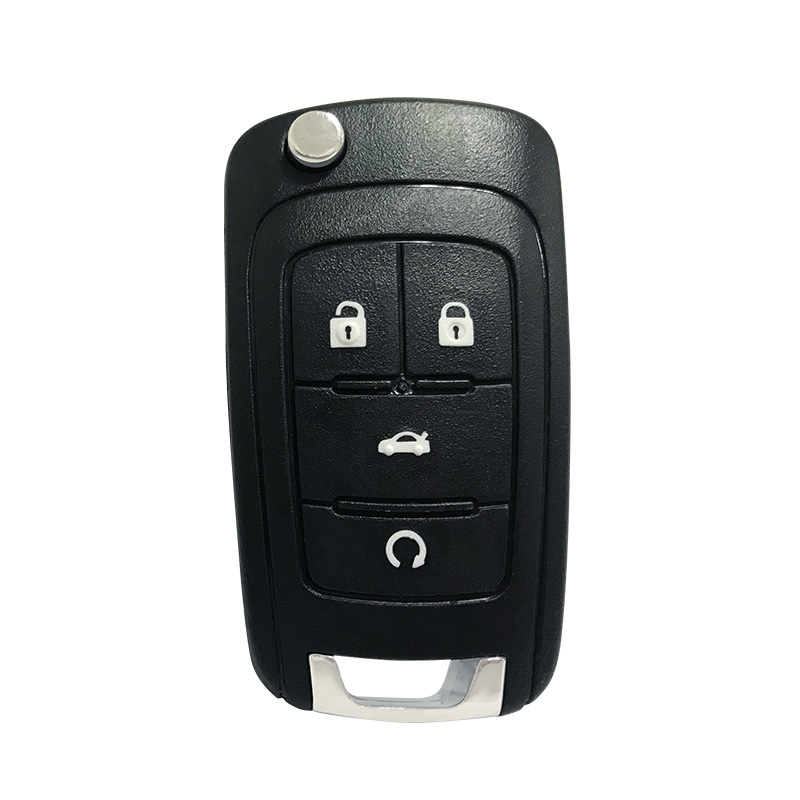Car keys have evolved significantly over the years, from traditional metal keys to sophisticated electronic and transponder keys. With this technological advancement, car key manufacturers face the challenge of ensuring compatibility with a diverse range of vehicle models and brands. This article explores the strategies and processes employed by these manufacturers to achieve this compatibility.

Firstly, car key manufacturers need to have a comprehensive understanding of the various locking systems and ignition mechanisms used by different vehicle manufacturers. This involves studying the unique designs and functionalities of each system, including the shape and size of the keyholes, the locking mechanisms, and the electrical or mechanical components involved.
To ensure compatibility, manufacturers often collaborate closely with vehicle manufacturers. This collaboration involves obtaining detailed specifications and blueprints of the locking systems and ignitions. Manufacturers can then design and produce keys that perfectly fit the specific keyholes and mechanisms of each vehicle model.
For electronic and transponder keys, the compatibility challenge is even more complex. These keys rely on radio frequency identification (RFID) or other wireless technologies to communicate with the vehicle's immobilizer system. The immobilizer prevents the engine from starting unless it receives the correct signal from the key.
To ensure compatibility with electronic and transponder systems, car key manufacturers need to program their keys with the specific codes and frequencies required by each vehicle model. This involves accessing the vehicle manufacturer's programming information and using specialized equipment to program the keys accurately. Manufacturers often maintain a database of codes and frequencies for different vehicle models, allowing them to quickly and efficiently program keys for various brands and models.
In addition to collaboration and programming, car key manufacturers also conduct rigorous testing to ensure compatibility. This involves testing the fit, functionality, and performance of the keys in various conditions, such as extreme temperatures or after extended use. Manufacturers also test the keys' ability to communicate with the vehicle's immobilizer system, ensuring a smooth and reliable starting process.
Some car key manufacturers also offer adaptable or universal key solutions. These keys can be customized or programmed to fit a range of vehicle models, providing a convenient option for customers who own multiple vehicles or who frequently change their vehicles.
Overall, ensuring compatibility with different vehicle models and brands is a crucial aspect of car key manufacturing. Manufacturers achieve this by collaborating with vehicle manufacturers, programming keys with specific codes and frequencies, conducting rigorous testing, and offering adaptable solutions. These efforts ensure that customers can rely on car keys that are compatible with their specific vehicle, providing a seamless and convenient experience.

 Englishen
Englishen











 No.991 Xingxiu Road,Taiwanese Investment Zone, Quanzhou, Fujian Province,P.R.China
No.991 Xingxiu Road,Taiwanese Investment Zone, Quanzhou, Fujian Province,P.R.China +86 13960286508
+86 13960286508
 3D Reality Showroom
3D Reality Showroom
